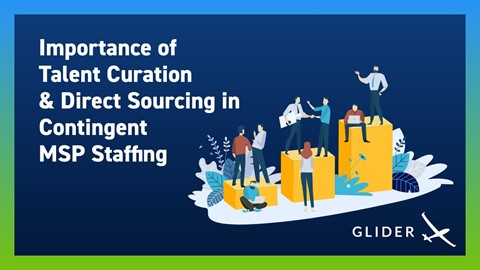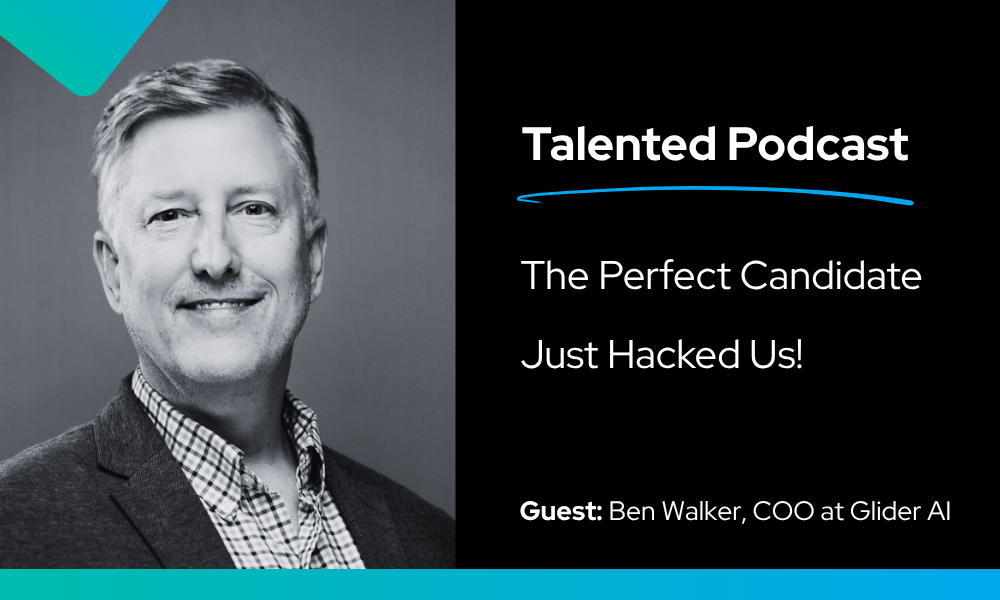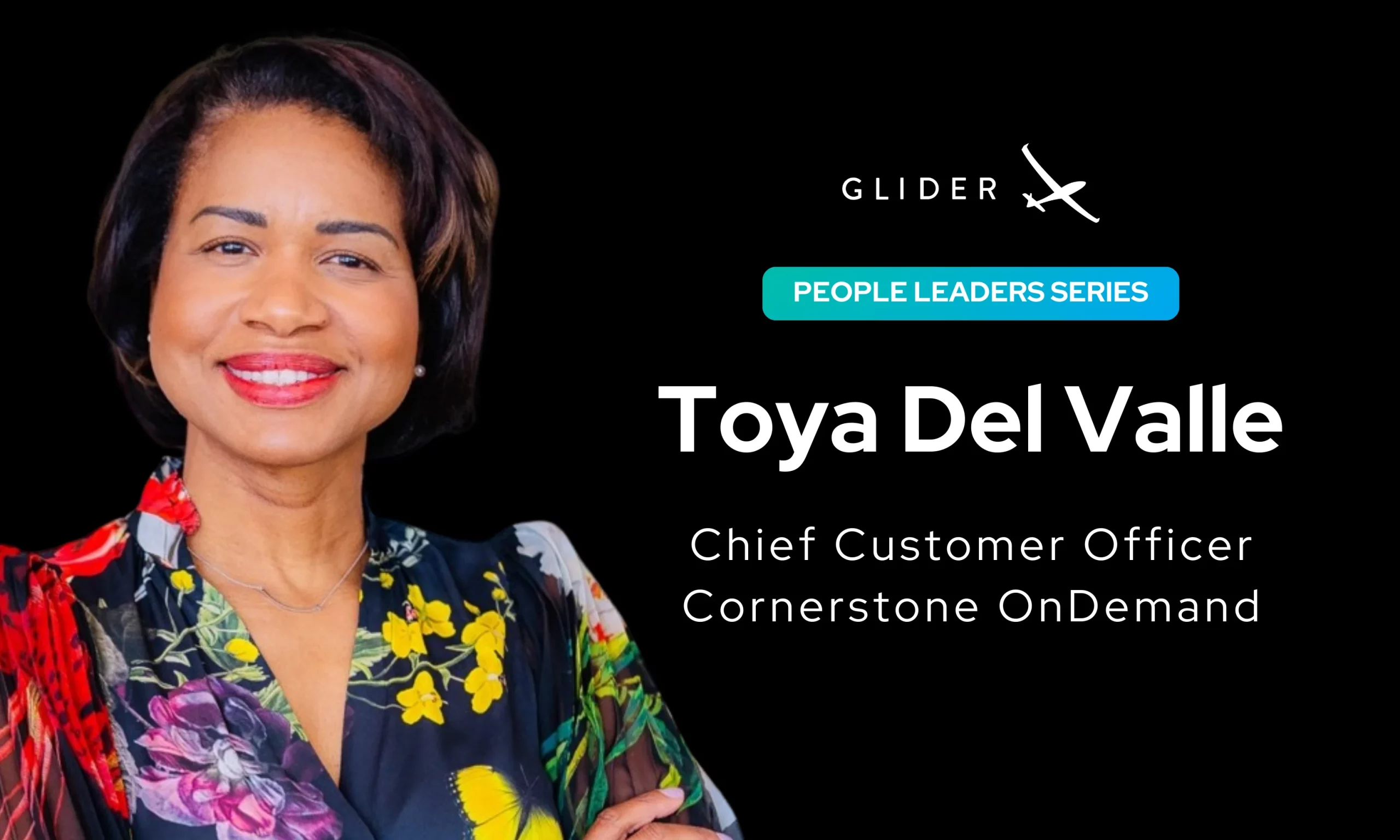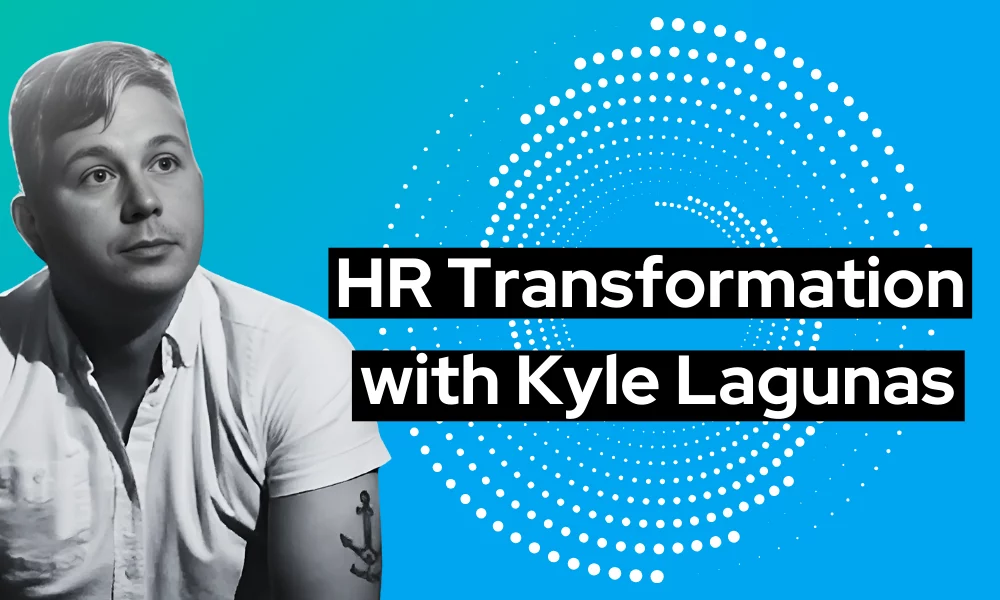
Make talent quality your leading analytic with skills-based hiring solution.

In the world of recruitment and hiring, we hear one word constantly. Talent! Call it by any semantics… talent, hiring, staffing, or recruiting…it is one of the most critical business strategies an enterprise makes. No wonder, Richard Branson, founder of Virgin Group says, “Hiring the right people takes time, the right questions, and a healthy dose of curiosity.”
The etymology of the word, ‘talent’, which originates from the Greek word, “talanton” meaning a unit of currency or wealth. Through a lexical shift, talent became synonymous with ability in English. To quote Alfred Marshall, the ability of a businessman is positively related to the profits which means the more the profit one gets, the more is his ability and vice versa.
In the world of the hiring process, talent acquisition and talent curation are the two sides of the same coin. Talent acquisition refers to hiring talent to match business needs/objectives and talent curation is assessing the candidate’s skills, most importantly in terms of diversity. In other words, while the former sources talent, the latter dives into scrutinizing resumes.
The world of today is shifting towards a gig economy where everything in the business ecosystem is available on demand. From permanent jobs to freelancing, hiring has become more about bidding than applying. The traditional terms of hiring, staffing, and recruiting have lost sheen to newer words like talent acquisition, curation, on-demand hiring, direct sourcing, etc.
“Much of the job of a leader is to become a curator of talent: to find the talented people who can do their best work in the environment of your organization” – Faisal Hoque, author of Everything Connects.
Marriages are made in heaven, but a match between a talent and a business organization requires thorough examination and evaluation before hiring. In this regard, curation enables the “fit” between the two. Like talent, the etymology of ‘curation’ springs from Medieval Latin, “curate” which means a guardian of souls. What a lucid expression! No wonder, the meaning is relevant in the talent ecosystem too.
Do you know that according to SHRM, the average time for filling a position is 41 days? It is even higher for on-demand positions where roles need to fill quickly. In this regard, talent curation platforms are specialized in tailored industry jobs or roles, especially for contingent or short-term jobs. Like an eagle’s eye, these niche platforms assist recruiters in sourcing specific talent, more quickly than large job platforms. It means more speed-to-hire with lower sourcing costs.
“It is the process by which a company leverages its internal candidate pool as a source for temporary employees and most often places on the payroll of a third-party organization.” – SIA
A robust talent curation process lays a solid foundation for a direct sourcing program. Though it is not the newest buzz word, it is a potential differentiator. It is one of the best co-employment practices in the talent landscape as it supports client organizations to explore seasoned internal candidates. Direct sourcing is also called self-sourcing as managers use their networks, internal recruitment sources to hire candidates or specialized vendors.
Direct sourcing helps clients to engage talents from communities like past employees, alumni, retirees, army veterans, and freelancers through social media, email, and online marketing.
For example, FMS or Freelance Management System is a contingent talent platform that helps companies to store and pick up talent, post and fill projects and manage to onboard too.
Effervescent technology has modified the global economy and paradigm shifts have become the everyday norm. Companies constantly face challenges like skills shortages, realigned roles, hiring short-term candidates, etc. Thanks to the gig economy and millennials, never heard before work culture and practices have made their way into business ecosystems and hiring is no exception.
Staffing MSPs play a vital role in sourcing outstanding talent for their clients. They can commit on a 360-degree level to hiring and sourcing compared to corporate counterparts. Their expertise in hiring, knowledge, resources, and related acumen help the clients to hire a contingent workforce in a hassle-free fashion. It is also needless to say that talent curation and direct sourcing have become the best buddies of staffing MSPs. Let’s plough through:
Talent curation is on the rise. Unlike generalized over-saturated job platforms where talent and job do not match often, talent curation can come with the best benefits like:
Hiring smart people is one of the biggest challenges an organization faces, especially in the current times. Hiring managers strive hard to balance between the talent needed and the position that needs to be filled. A quick list of challenges of talent curation help us understand the issue better:
Curation and technology go hand in hand. The competition for talent along with ever-increasing technology is reshaping talent acquisition and curation like never. Let’s take a quick look at those:
Talent curation is one of the instrument practices in the hiring program. Automated platforms assess a candidate’s skills and talents more scientifically which elevates the chances of hiring a ‘right’ candidate into the team. Some of the best practices in talent curation are listed below:
Well, the obvious question!
Glider’s AI-based assessment and screening platforms understand the magnitude of the speed-to-hire process in the current marketplace. And that’s why a strategic partnership with Glider will significantly bring down the time-to-fill contingent workforce which is a much-needed requisite for any enterprise to fill a quality contingent workforce.
Though the scale of talent evaluation is different across the industries, talent curation is predominantly reshaping the way the hiring ecosystem functions. Amid the global pandemic and the subsequent rise in unemployment, companies still prioritize the need for qualified talent for their organization. With all the digital and automated faucets available, hiring the best talent is no longer a necessary evil but an ingredient to organizations’ s success.

“The Perfect Candidate Just Hacked Us”: Inside the Global Playbook of Hiring Fraud That 100% test score might be your biggest red flag. Enterprise breaches don’t always start with phishing emails; sometimes, they start with a fake job interview. In this episode of Talented, Joseph Cole sits down with COO Ben Walker to unpack one […]

Can HR Stop Playing Buzzword Bingo with Skills and AI? If you’re an HR or TA practitioner or work in HR Tech in any capacity, AI and Skills-Based Hiring is what everyone is talking about. The problem? All the talk is diluting the importance of two very interrelated topics. Glider AI sponsored the Transformation Realness […]

Q&A with HR/TA Analyst Kyle Lagunas The traditional playbook that was HR is being rewritten. AI is reshaping work, skills-based strategies are transforming hiring, and HR teams are under pressure to deliver more with less. HR isn’t just about managing people anymore—it’s about engineering the future of work. In this Q&A session, Kyle Lagunas and Joseph […]